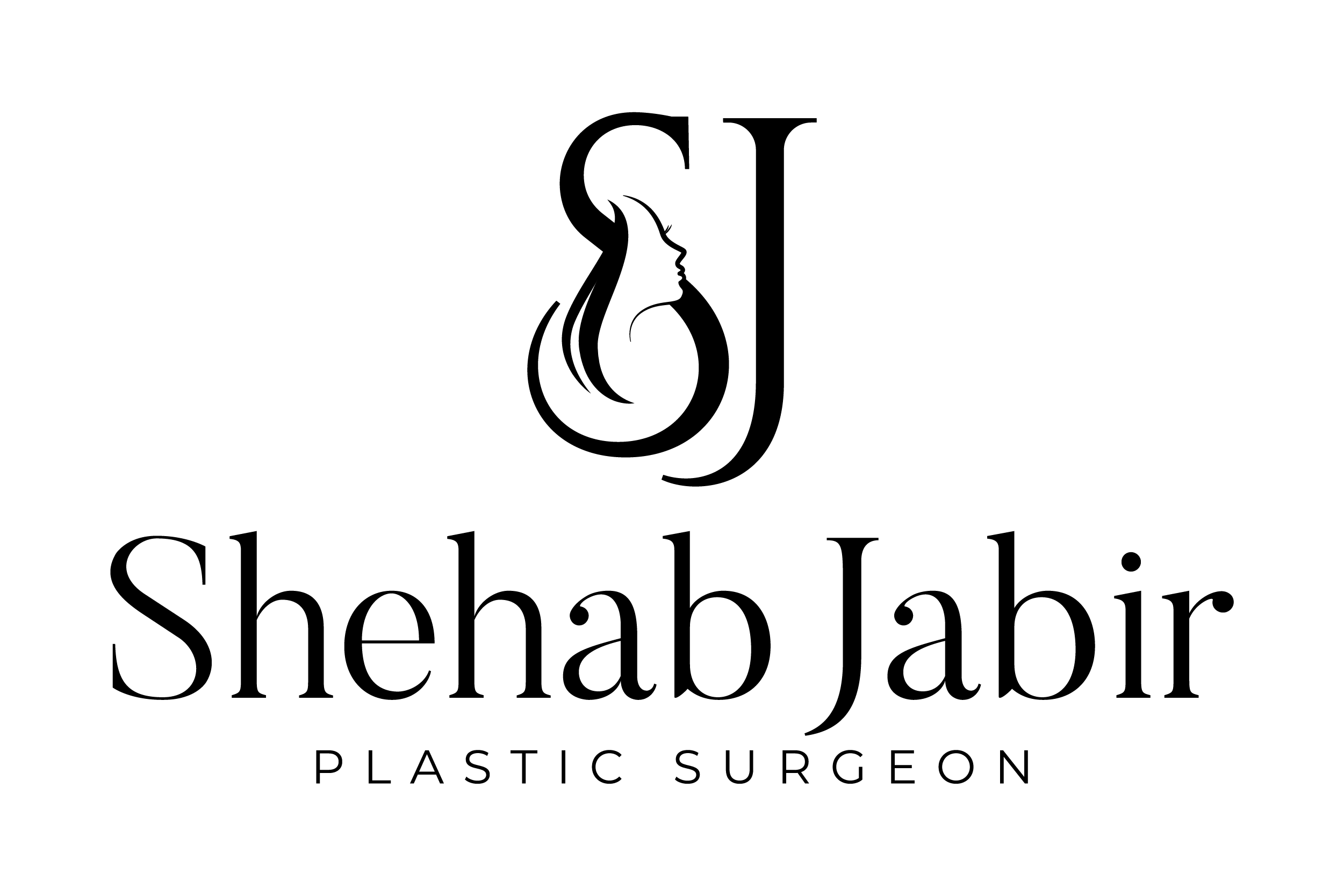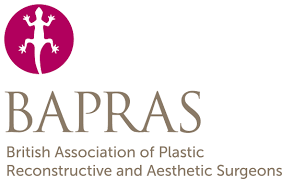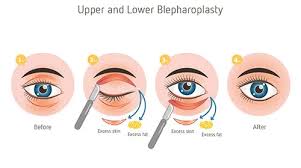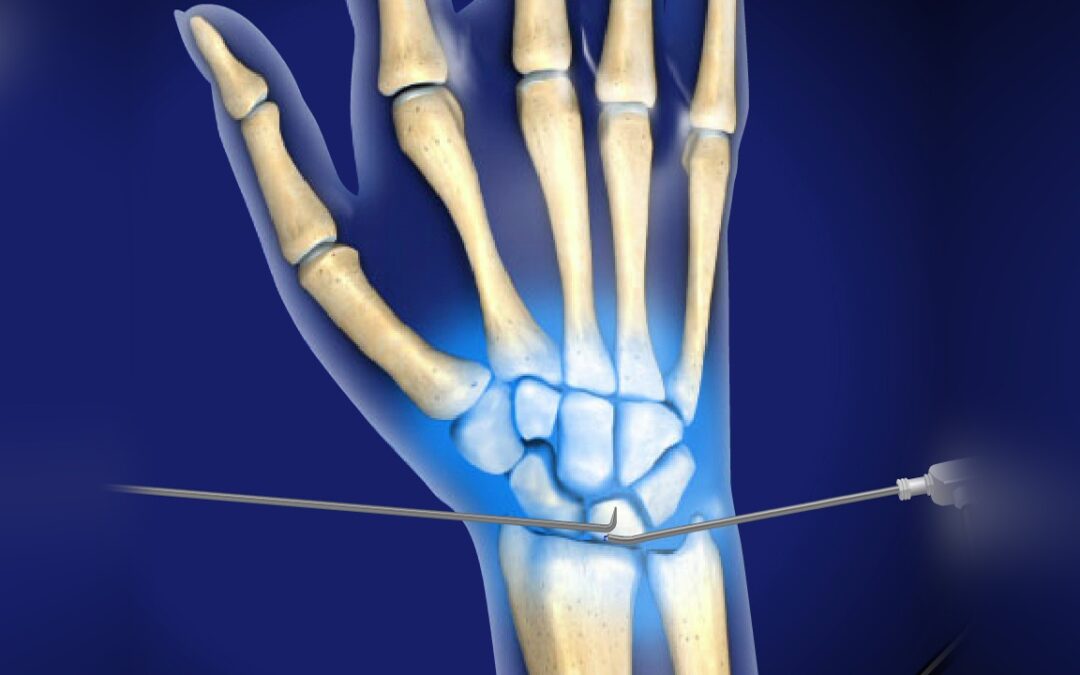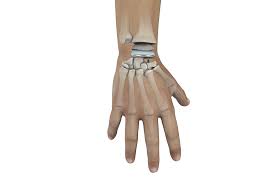Areolar reduction
What is areolar reduction surgery?
Areolar reduction surgery is a procedure to reduce the size of the areola, the dark area around the nipple. This can be done for aesthetic reasons, or to improve the appearance of the breasts after breast augmentation or breast lift surgery.
Who is a good candidate for areolar reduction surgery?
Areolar reduction surgery is a good option for people who are unhappy with the size or shape of their areolas. Some of the reasons why people choose to have areolar reduction surgery include:
- Large or uneven areolas
- Areolas that are stretched out after pregnancy or weight loss
- Areolas that are darker than the surrounding skin
How is areolar reduction surgery performed?
Areolar reduction surgery is usually performed under local anaesthesia. The surgeon will make an incision around the areola and remove a circular piece of tissue. The incision will then be closed with stitches. A number of techniques are used to close the incision. Mr Jabir uses a special suture that reduces the risk of the areola stretching after surgery which can sometimes lead to poor scarring.
What are the risks of areolar reduction surgery?
All surgery carries some risks, but the risks of areolar reduction surgery are generally low. Some of the potential risks include:
- Bleeding
- Infection
- Numbness or tingling in the nipple or areola
- Scarring
- Unevenness of the areolas
What is the recovery process like after areolar reduction surgery?
You will need to wear a compression bra for several days after surgery. You may also experience some pain and discomfort, which can be managed with pain medication. The incisions will usually heal within a few weeks.
What are the results of areolar reduction surgery?
The results of areolar reduction surgery are usually permanent. However, your areolas may continue to change slightly over time due to ageing or weight gain or loss.
Areolar reduction surgery can significantly improve the appearance of the areolas. If you are considering areola reduction surgery, book a consultation with Mr Jabir to learn more about the risks and benefits of this procedure.
